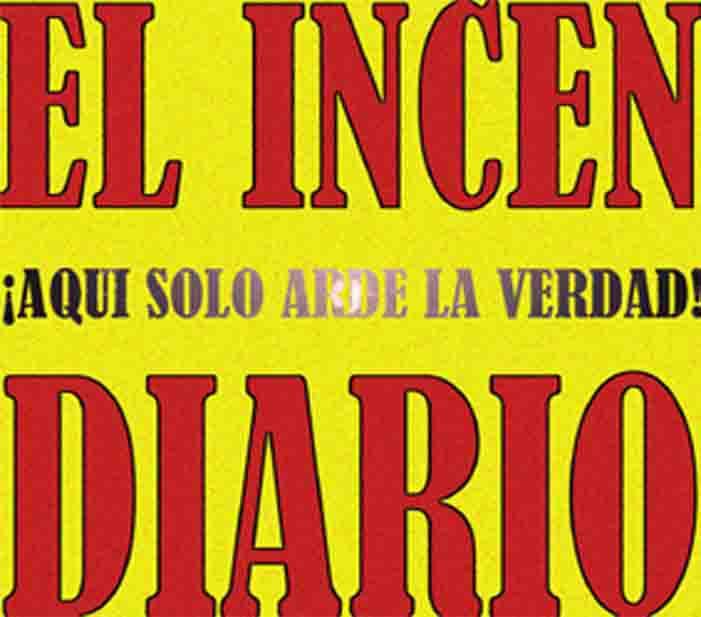Published: January 18, 2007
A former chief of Colombia's rightist death squads testified in court this week about his role and the involvement of military and public officials in scores of massacres and assassinations of perceived political opponents.
The testimony by the chief, Salvatore Mancuso, in the northwestern city of Medellín is a key step toward clarifying and assigning blame for atrocities committed during Colombia's long civil war.
In two days, Mancuso, 48, detailed collusion by army generals, police colonels, a state prosecutor and politicians in planning the murders of scores of alleged leftists, local politicians and peasant organizers, according to lawyers and victims who were permitted to watch the closed-door sessions.
Dressed in an expensive suit and reading quickly in a matter-of-fact tone from a prepared statement, they said, Mancuso testified that his men had paid the army and police in one region $400,000 a month for their cooperation, and that paramilitaries had coerced voters at gunpoint to support regional and presidential candidates who favored the paramilitaries' agenda.
Mancuso's admission so far of involvement in at least 70 crimes in northwestern Colombia is part of a peace deal that promises demobilized militia leaders a maximum of eight years' incarceration, no matter the severity of their crimes, in exchange for full confessions and payment of reparations to victims.
Mancuso is among about 30,000 members of rightist militias who have laid down their arms since late 2003, and one of more than 2,000 who are expected to confess to grave crimes to take advantage of lighter sentences.
A wealthy cattleman who studied at the University of Pittsburgh, Mancuso helped found civilian militias in the 1980s, financed by rich landowners to combat attacks and extortion by leftist guerrillas. The United Self-Defense Forces of Colombia, or AUC, morphed into shadowy armies that tortured and massacred civilians and became major drug traffickers.
The U.S. State Department classifies the AUC as a foreign terrorist organization. Several of its leaders, including Mancuso, are wanted in the United States for cocaine trafficking, but the government peace deal shields them from extradition as long as they comply with its terms.
Mancuso, who also testified in December, is the first of 59 top militia leaders held in a maximum-security prison to give his account of extensive links with the military and police, from weapons and flight training to logistical support, selection of civilian targets for massacres, and material aid.
Human rights groups have long accused the Colombian military and police, which receive some $700 million in annual funding from the United States, of collaborating with right-wing militias. But Mancuso's testimony is the first confession to detail those links, down to the names of generals and colonels who supposedly worked hand-in- glove with illegal militias.
General Freddy Padilla, the commander of the Colombian armed forces, released a statement Tuesday denying that the military had colluded with militias and defending a decorated general, now dead, whom Mancuso accused of extensive cooperation in planning massacres.
Mancuso also cited a local prosecutor who is now a fugitive from justice believed to be in the United States, who he said had supplied names of suspected leftists to be targeted for assassination and tipped off paramilitaries to state investigations and operations against them.
He is expected to resume his testimony Jan. 25 with details of the financing of the paramilitary networks by wealthy elites and the structure of drug-trafficking networks. In an interview during his disarmament in late 2004, Mancuso said he hoped to run for Senate after serving his time at one of the prison farms where the state has told militiamen they will pay their debt to society.
Details of Mancuso's testimony have riveted the nation, coming on the heels of revelations the last two months of links between paramilitaries and politicians allied with the U.S.-backed president, Álvaro Uribe.
Victims interviewed after the proceedings said that Mancuso used his court time for political grandstanding, listing his crimes with a cold-hearted air, justifying them as acts of counterinsurgency and claiming not to know locations of hidden graves.
"He's manipulating us and the prosecutors," said Teresita Gaviria, the president of an association of victims who are demanding that Mancuso reveal the whereabouts of more than 150 missing family members.
But lawyers and human rights groups said his statements could be crucial in exposing elites who aided death squads and could help the nation heal from a traumatic period.
Gustavo Gallón, director of the Colombian Commission of Jurists, acknowledged that many senior military and police officials whom Mancuso implicated are conveniently dead, imprisoned or fugitives from justice.
But Gallón said that Mancuso told prosecutors that he could identify other military men whose names he did not know from photographs.
"Even though Mancuso's declaration leaves a lot to fill out the truth, it nonetheless narrates the complicity and the multiple links that existed between the 'paras' and the security forces," Gallón said.
But like many observers, he said he did not expect the militia leaders to reveal links to current top political and military leaders, for fear of reprisals.

No hay comentarios:
Publicar un comentario